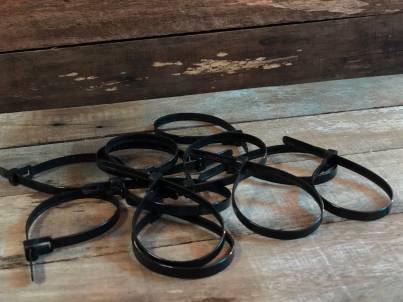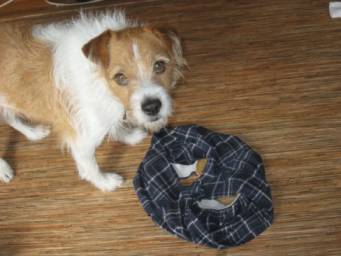When you’re out for a walk with your dog or he’s out in the backyard, does your fur baby eat grass and other things? This is common behavior in dogs. They eat grass from time to time. However, other plants and fungi grow in the grass, including Conocybe Apala. What happens if a dog eats Conocybe Apala as he’s eating grass?
Connect with a verified veterinarian in minutes. Licensed vets are available 24/7 to answer your questions. No need to worry about your furry family member.
Has your dog eaten Conocybe Apala? Are you worried the Conocybe Apala will make your dog sick? If so, you’ve come to the right place. We understand it can be scary when your dog eats something like this.
We’ve gathered information about Conocybe Apala and whether it can make a dog sick. Let’s get started!

What is Conocybe Apala?
Conocybe Apala is a basidiomycete fungus or mushroom. It’s pretty common in parts of North America and Europe, and usually grows in short green grass. This mushroom is also called the white dunce cap or the milky conecap.
Sometimes, you may not notice these mushrooms, as they’re not easy to see in the grass. These are very small mushrooms that also grow in lawns, gardens, and other moist places. The cap is a pale cream to silvery-white color, though some may have a dark yellow to brown coloration near the center.
So, what happens if a dog eats Conocybe Apala mushrooms? Can these mushrooms make a dog sick?
Conocybe Apala & Dogs
Unfortunately, Conocybe Apala can make a dog sick. These mushrooms contain substances called phallotoxins, which are mildly toxic.

Review symptoms, medications & behavior to keep your pets healthy with a Vet Online in just minutes.
Ask a Vet Live NowSymptoms of Conocybe Apala Ingestion in Dogs
You may notice these symptoms if your dog has eaten Conocybe Apala:
- Vomiting
- Diarrhea
These symptoms may last between 12 to 24 hours. If they last longer than this and/or you notice other concerning symptoms, it’s best to call the vet. Persistent diarrhea and vomiting can cause dehydration in dogs.
And be sure to call the vet if you’re worried that your dog has eaten one of these mushrooms. Your vet will have the best advice on how to proceed next.
Treatment of Conocybe Apala Ingestion in Dogs
The vet may treat your canine companion with medications to ease his vomiting and diarrhea symptoms. And if your fur baby has become dehydrated, the vet may treat him with IV fluids. These work to rehydrate your dog.
The prognosis is best for dogs who receive prompt medical treatment after eating Conocybe apala mushrooms. In the future, it’s best to keep these mushrooms out of your dog’s yard, though that can be hard. When you and your fur baby are out for a walk, be sure to pay attention to what your dog may be eating if he likes to eat grass. You’ll both be happier for it!
Connect with a verified veterinarian in minutes. Licensed vets are available 24/7 to answer your questions. No need to worry about your furry family member.

Kim
Kim is a talented author, who loves animals especially dogs. She engaged in writing books and articles relating to animals a decade ago. Kim resides in Chicago with her husband and son. The family is the proud owner of a dog and a parrot (Jack and Lily). Kim wanted more than these two pets, but her husband put his foot down... She often visits elementary schools to talk to the kids about what she learned about pets and how they could learn from them.
Review symptoms, medications & behavior to keep your pets healthy with a Vet Online in just minutes.
Ask a Vet Live Now




